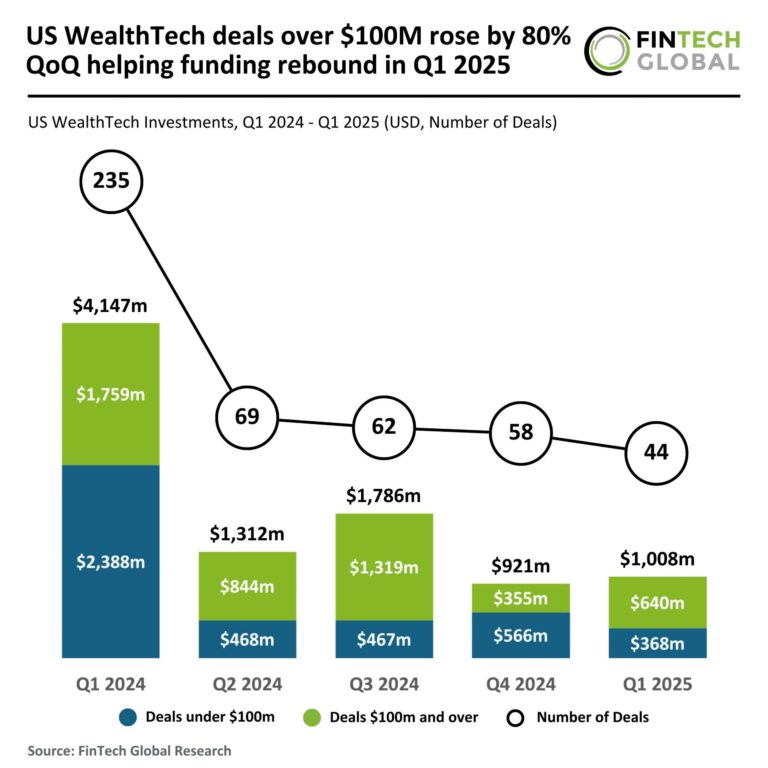Boosting Compliance Efficiency and Fairness: The Power of AI Agents
AI Agents, also referred to as Artificial Intelligence Agents, are innovative software programs that leverage advanced technologies like Machine Learning (ML) and Natural Language Processing (NLP). These agents are transforming various industries, particularly in regulatory technology (RegTech), by automating complex tasks and enhancing efficiency.
The Role of AI Agents in Compliance and Risk Management
According to a report by Moody’s, AI Agents are not mere tools; they are reshaping how tasks are executed, especially in compliance and risk management sectors. One notable application is in due diligence processes, where AI Agents autonomously conduct thorough investigations by analyzing expansive global datasets. This capability significantly boosts productivity and operational efficiency within compliance operations.
Enhancing Efficiency in Risk and Compliance
The integration of Generative AI (GenAI) in risk and compliance practices is particularly transformative. For instance, AI Agents can efficiently screen thousands of news articles daily to identify relevant information about specific individuals. What would typically demand considerable human effort is streamlined into a swift process, yielding precise and timely outcomes.
AI Agents vs. AI Assistants: Understanding the Differences
While both AI Agents and AI Assistants utilize NLP technologies, they serve different functions:
- AI Assistants: These are reactive tools that perform tasks based on user prompts, covering a wide range of functions from customer support to code generation.
- AI Agents: In contrast, AI Agents operate autonomously. They proactively manage tasks, remember past interactions, and integrate various datasets to reason, make decisions, and solve problems without continuous human intervention.
Applications of AI Agents in Risk Management
AI Agents excel in autonomous operations, particularly in risk management and compliance. Their capabilities include:
- Screening for Know Your Customer (KYC) compliance during supplier onboarding.
- Conducting enhanced due diligence.
- Implementing continuous risk monitoring.
By autonomously processing and analyzing data, AI Agents can significantly improve productivity and operational effectiveness in these areas.
Benefits and Challenges of AI Agents
AI Agents revolutionize compliance and risk management by automating critical tasks such as:
- Data collection
- Customer verification
- Risk screening
- Real-time monitoring
These agents continually enhance their performance through machine learning, which improves their accuracy and efficiency over time. Furthermore, they can automatically update to comply with the latest regulations and assist in decision-making through predictive analytics.
Despite their numerous advantages, AI Agents face challenges, particularly regarding bias and explainability. Ensuring the transparency of AI systems and making their decision-making processes understandable is crucial in compliance and risk management, where the consequences can have significant legal and financial impacts.
The Future of AI Agents in FinTech
AI Agents are set to significantly impact the compliance and risk management landscape in the FinTech sector. By automating intricate processes and improving decision-making, these tools can enhance productivity and effectiveness. However, to gain trust and deliver real value, it is essential to focus on maintaining transparency and addressing biases within their operational frameworks.
For more insights into the role of AI in finance, check out our related articles on AI in Finance and Regulatory Technology Innovations.







